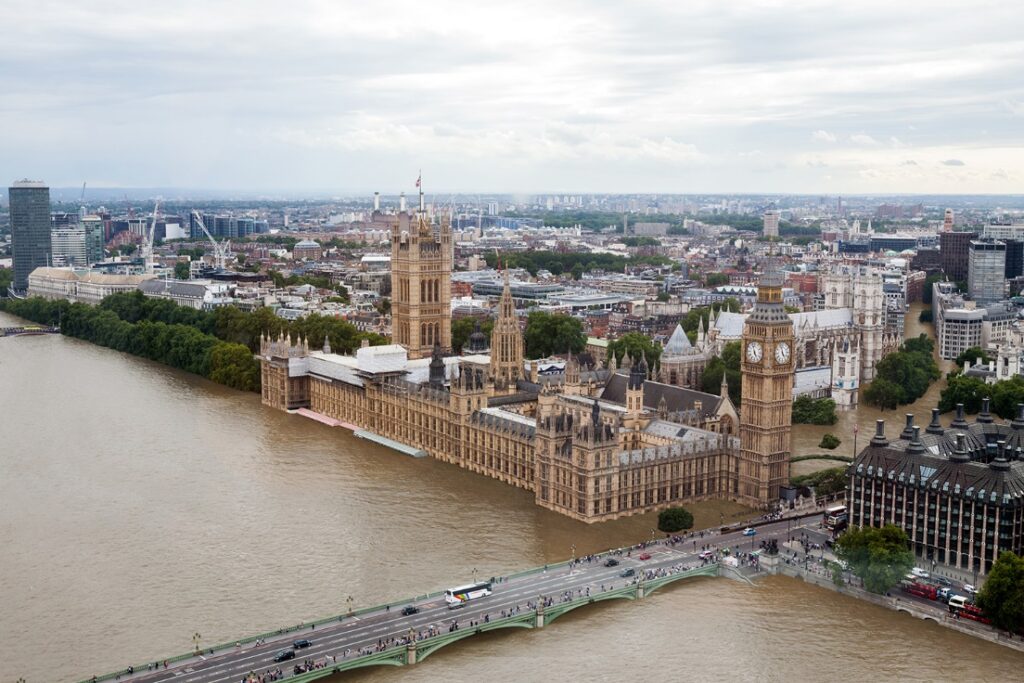There is no guarantee that the Green Investment Bank (GIB) will ever live up to its original ambitions after a privatisation process that undersold it for the British taxpayer and the bank’s green intentions.
That is the view of a damning report by the Public Affairs Committee, which has laid bare the failings it believes were endemic in the sale of the Green Investment Bank to Macquarie that was agreed back in April 2017.
The privatisation of what had been considered a jewel in the crown of UK low carbon policy sparked immediate criticism from across the political spectrum and concerns around the implications for the green purpose of the Green Investment Group as it become known.
The committee claims that problems with the deal began before it was even agreed, after the Department for Business, Energy & Industrial Strategy (BEIS) failed to gain evidence of whether GIB achieved its intended objectives of encouraging investment in the green economy and creating an institution that lasts.
By not fully assessing its impact, the committee claims the government prioritised reducing public debt and how much money could be gained from the sale over the continued delivery of GIB’s green objective.
This criticism has already been pointed to today by Rebecca Long Bailey, shadow secretary of state for BEIS, who said: “Selling the Green Investment Bank reveals this Government is more interested in making a quick buck from the family silver than in driving innovation in environmental objectives.”
The sale reduced public sector net debt by £1.6 billion and moved responsibility for around £500 million of GIB’s future commitments to Macquarie.
The committee of MPs claim that the sale to Macquarie ignored a phased sale option that could have raised £63 million more and eventually sold for less money than its mid-estimate in order to minimise its exposure to what it saw as risks in adopting a phased approach.
In completing the deal, the government had to repeal legislation enshrining the bank’s green purposes in law in order. In its place, a special share was established to be held by trustees who could protect GIB’s green purposes once it was off the statute book.
However, the report finds that the deal did not require bidders to make specific or legally binding commitments to how GIB would continue to deliver these in practice, adding that it is therefore unclear why the department did not look to strengthen these commitments contractually.
Not sufficient for an enduring institution
These measures put in place to protect GIB’s ‘Green Purposes’ were also found to be “not sufficient to ensure that GIB is an enduring institution”.
The trustees of the Green Purposes Company (GPC) nominated back in November 2016 have powers to veto any changes made to the green purposes, however these arrangements rely on Macquarie agreeing to continue funding the GPC. The trustees’ powers do not extend to approval of investment decisions, the report states.
The more than £3 billion committed by Macquarie to green energy projects over the next three years are also not legally binding, with the report stating that BEIS did not fully explore whether it could have obtained stronger green commitments to ensure that GIB continue to support its energy policy.
It adds that there is little clarity on if the government expects the GIG to contribute towards its own low carbon efforts, including the Industrial Strategy, as it is not known how much future investment will be in the UK.
Macquarie has stated its future investment decisions will be based on the policies and level of financial support available from the UK government, effectively calling on the UK to continue to support the previously public institution despite it now being in private hands.
According to Sir Geoffrey Clifton-Brown MP, committee deputy chair, all of these factors led to a sale that proved “deeply regrettable”.
We expect the Government to keep us updated on the GIG’s future activities in the UK but there are broader lessons here—not least for how Government evaluates public assets and, when relevant, prepares them for sale,” he said.
Rebecca Long Bailey added: “This is further proof that the Tories cannot be trusted on the environment or the ability of British businesses to compete in the global low carbon and renewables market.
“As we made clear at the time, the sale and privatisation of the Green Investment Bank was wrong. A publicly owned institution and asset was lost and its original green objectives diluted.”
In response BEIS has held firm on its decision and sales process, with a government spokeserson claiming: “The sale of the GIB made £186 million profit for the taxpayer and freed the bank to build on its success by allowing it to operate overseas as well as in the UK.”





